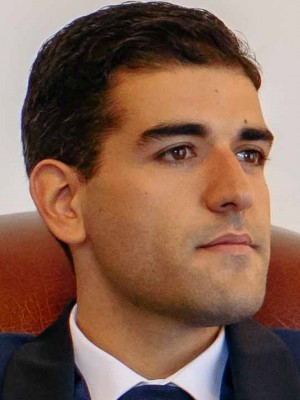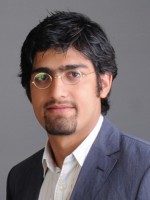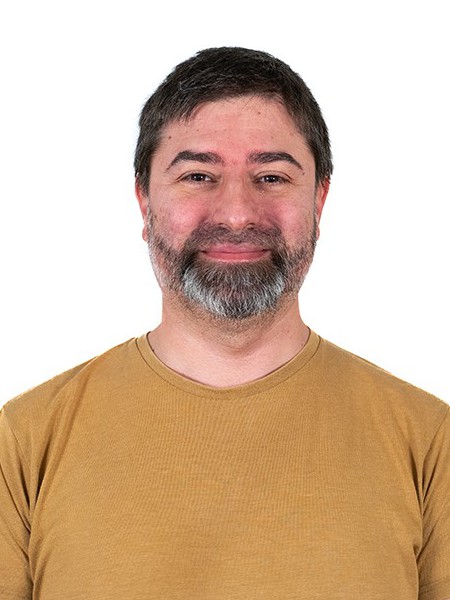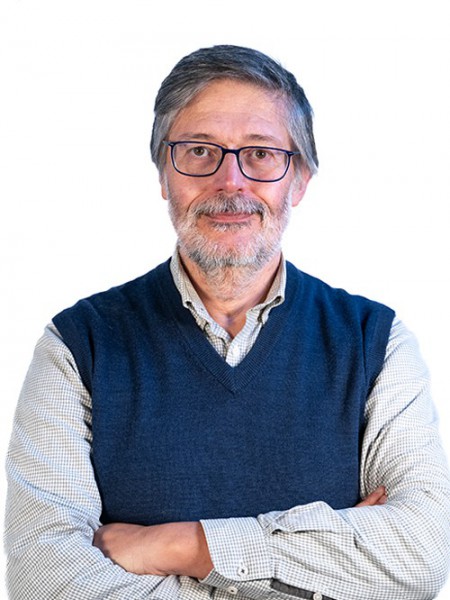resumo
Modern superconducting quantum interference device (SQUID) magnetometers enable fully automated measurements with currently unmatched sensitivity. The measured moment values are, however, prone to deviations from their actual value due to geometric effects, namely sample size, shape, and radial offset. The current procedure to correct these geometric effects, for the magnetic property measurement 3 (MPMS3) magnetometer, is based on an available simulation tool, valid for both SQUID-VSM and DC-scan methods. Still, determining the correction factor requires samples with well-defined geometric shapes together with accurate sample dimensions and the usually difficult to determine radial offset. There is no established solution to correct geometry effects of irregularly shaped samples or unknown radial offsets. In this work, we find a systematic relation between the difference of SQUID-VSM and DC-scan measurements and their corresponding correction factors for the MPMS3. This relation follows a clear trend, independent of sample geometry and radial offset, for a given pair of DC-scan length and SQUID-VSM amplitude values. Exploiting this trend, a geometry-independent correction method is presented and validated by measurements of two different geometries of the same Al piece, two different radial offsets of a Ni square, and metallic Fe powder using a far from optimal sample mounting.
categoria
Engineering, Multidisciplinary; Instruments & Instrumentation
autores
Amorim, CO; Mohseni, F; Dumas, RK; Amaral, VS; Amaral, JS
nossos autores
Grupos
G2 - Materiais Fotónicos, Eletrónicos e Magnéticos
G6 - Materiais Virtuais e Inteligência Artificial
Projectos
CICECO - Aveiro Institute of Materials (UIDB/50011/2020)
CICECO - Aveiro Institute of Materials (UIDP/50011/2020)
Projeto de Investigação Exploratória: João Amaral (IF/01089/2015)
agradecimentos
This work was developed within the scope of the project CICECO-Aveiro Institute of Materials, UIDB/50011/2020 and UIDP/50011/2020, financed by national funds through the FCT/MEC. JSA acknowledges FCT IF/01089/2015 grant. We also acknowledge Stefan Riesner (Quantum Design Europe) for fruitful discussions.





